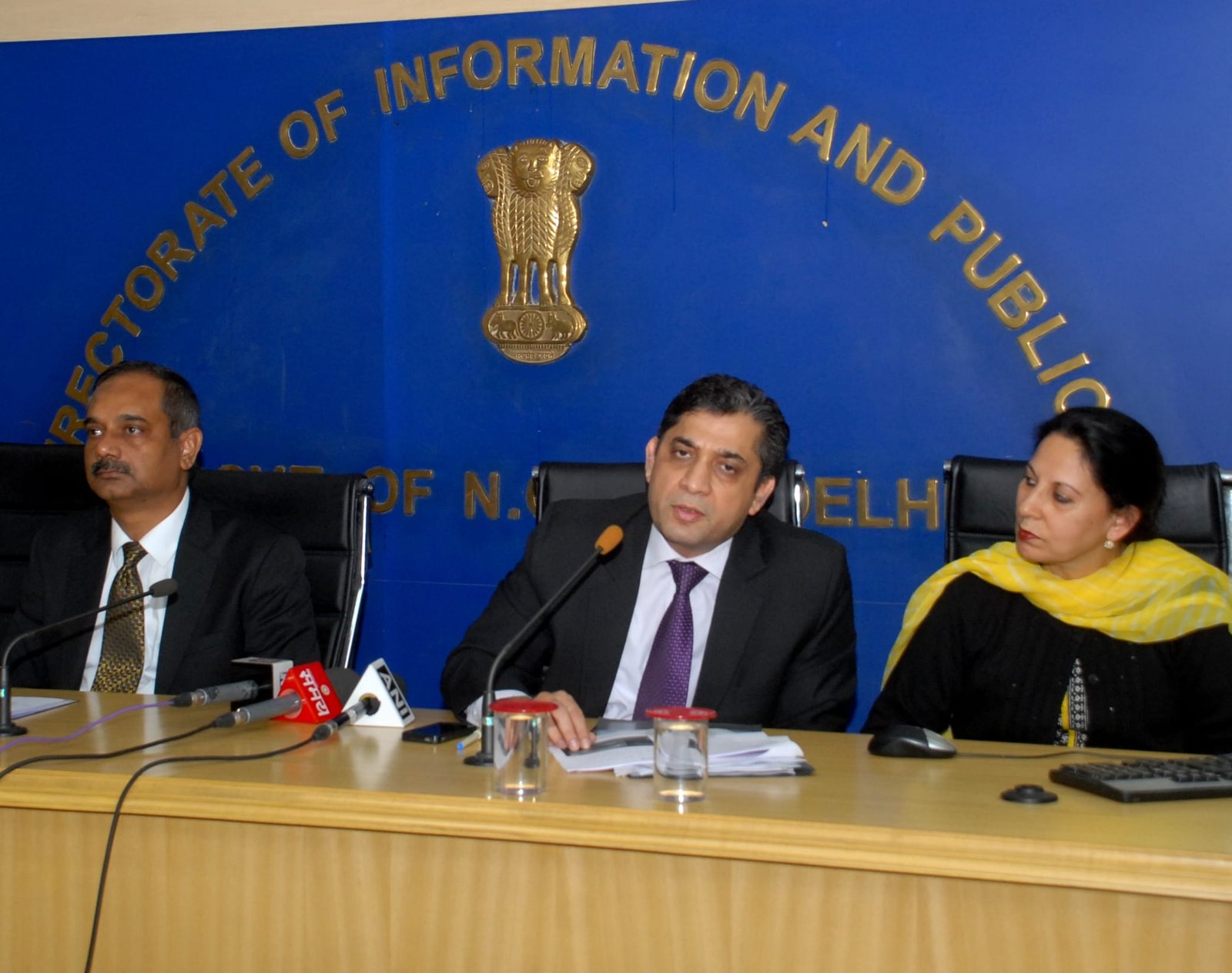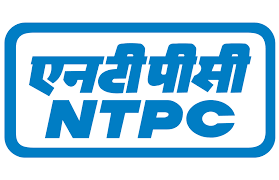Important Initiatives taken by the Delhi Jal Board
The Delhi Jal Board is the utility responsible for the water and wastewater services in the capital city. The Board has been undertaking various innovative steps to provide efficient services to the residents of Delhi. The efforts made by DJB have been recognized on the global platform and the following milestones achieved by DJB have upgraded the Water and Wastewater infrastructure in the city:
The Delhi Jal Board has bagged the prestigious “International Water Performance Initiative Award” for the year 2014. The awards were given away at the prestigious Global Water Summit, held at Paris, France, from 06.04.2014 to 08.04.2014.
On the sewerage side, the Delhi Jal Board’s Interceptor Sewer Project has been listed in the KPMG’s list of 100 most innovative Infrastructure Investment Projects in the world.
The Package-I of the Interceptor Sewer Project, at Dwarka measuring 1.2 kms, with a new pumping station has already been commissioned on 27th October 2014 and is functioning efficiently. In the Interceptor Sewer Project, the work involves laying of wastewater intercepting sewers in a 59 km. length along the three major drains, viz, Najafgarh, Supplementary and Shahdara. The Project includes six packages.
About 70% work of the ISP has been completed and it is expected to be completed by 2015, taking care of 70% of the sewage pollution load in the Yamuna.
Delhi Jal Board is actively participating in the Swachchh Bharat Campaign. Cleanliness drive also includes inspection of various offices of DJB and sites by the CEO, Members and other senior officials of DJB on a regular basis.
With the introduction of 24×7 online services by DJB, consumers can avail facilities such as bill payment, download forms, apply for new connection among other services. Consumers can also update their mobile numbers to get SMS alerts for different services. In the interests of the consumer, DJB has also waived off the transaction charges on the payment made online which is now borne by DJB itself.
Delhi Jal Board, as a part of its sustained efforts, to increase efficiency and performance, across the system, has launched a centralized 24×7 Call Centre, with a Computerized Complaint Management System, to provide quick and speedy redressal to the public grievances. Consumers can call at the Call Centre toll-free number 1916, provided by DJB, and lodge all types of complaints related to water issues, sewer issues or any other problems, with the call executive.
DJB has launched a unique Mobile Application for the convenience of its consumers. The application comes with a provision to upload suggestions/complaints along with photographs related to Dirty water, Leakage of water, Sewer over-flow, Missing manhole covers on DJB’s website.
Water Sector
DJB has installed 20 Water ATMs, in various areas of NCT of Delhi, where laying of pipe line was not technically feasible. DJB plans to install 60 more such Water ATMs across Delhi by March 2015 and in total, about 500 ATMs within a year
156.7 km new pipe lines were laid during April 2013 to March 2014
Old rising mains from Water Treatment Plants are being replaced with good quality MS lined and coated pipes to reduce the water losses.
Bulk water meters have been installed at WTPs and other installations for water auditing.
Out of 1639 unauthorized colonies, new water pipelines were laid in 937 U/A by October 2014
Old Bhagirathi WTP of 100 MGD capacity has been rehabilitated with latest technology and complete automation without affecting daily production of filtered water. Other WTPs at Chandrawal and Wazirabad are being taken up with the help of external aids i.e JICA & ADB.
Out of 895 unauthorized colonies, new water lines will be laid in 725 U/A colonies by Oct 2014
DJB has provided filter water supply to another 50 unauthorized colonies, thereby benefitting a population of about 2 lac people.
Delhi Jal Board has commissioned 5 new Water Reservoirs, namely Sultanpur Dabas, Qutab Garh, Ramlila Ground, Kirari and a UGR near ESI Hospital on Anandmai Marg, in different parts of the city. DJB has thus exceeded the target of commissioning of 4 UGRs and has benefitted a population of more than 7 lac people. At present, there are 107 primary UGR. Other UGRs at Kirtinagar, Shalimar Park and Janakpuri are being commissioned within this month only.
Since May 2014, DJB has exceeded its normal production level of 835 MGD and in the month of July 2014, it further raised its production capacity to record a peak production of 842.9 MGD.
Stainless water tankers with GPS facility are supplying water in water deficit areas ensuring water quantity and quality.
This year, during the Summer season, the tanker services have also been considerably ramped up by DJB to more than 6000 trips per day as compared to 4100 trips per day last year without engaging additional tankers. By adding, 23 additional water filling hydrants, filling efficiency of the tankers has resulted in considerable reduction in the turnaround time of tankers.
To facilitate its consumers, DJB has uploaded the schedule of the timing of water supply in different zones of Delhi, along with the contact numbers of the concerned officials, on its website.
DJB has also uploaded the schedule of tankers for delivery of water at predetermined fixed points, on its website. This is an important step to improve the tanker services by the Delhi Jal Board by introducing transparency.
DJB has proposed replacing House Service Connections in a phased manner with MDPE based connection to reduce water loss and contamination through consumers ‘connection.
Double Feeders installed at Delhi Cantt., Patel Road, Sangam Raw Water to ensure Stability of Supply
Future projects for augmentation of water:
95 MGD of raw water expected from commissioning of Munak Canal.
Redevelopment and automation of ground water sources in Palla flood plains to increase existing water availability by 15 MGD within a year.
Setting up of recycle waste water plant to produce 3 MGD potable water at Nangloi within one year.
MoU with Singapore Govt. for exploring 40 MGD Tertiary Sewage treatment Plant at Coronation Pillar to produce water of drinking quality.
Upstream storage dams on River Yamuna – Renuka Dam allocated funds by Union Government
Promoting water conservation, use of water efficient fixtures, Rain Water Harvesting through public awareness campaigns, educating school children, organizing workshops inviting participation from public, RWAs and NGOs etc.
Exploring possibility of storage of rain water in Bhati mines etc. and boring of tube wells along Najafgarh drain.
Sewerage Sector
DJB has uploaded the Draft Sewerage Master Plan 2031 on its website. It has also invited suggestions from all stakeholders.
DJB has extended its sewerage services to 139 unauthorized colonies. Sewerage facility shall be provided in another 65 colonies within this year.
Augmenting capacity of WWTP from 540 mgd to 604 mgd and likely to be increased up to 684 MGD during this year by adding 4 WWTP this year at Pappankalan (20 MGD), Nilothi (20 MGD ), Delhi Gate (15 MGD) and Yamuna Vihar (25 MGD).
Increasing Treatment of sewage from 310 MGD (Dec, 2013) to 390 MGD (November, 2014). Target to reach 590 MGD by June 2015.
The Delhi Jal Board, in its effort to provide better sewage treatment facility to the city, has commissioned a state-of-the-art Waste Water Treatment Plant (WWTP) at Chilla with provision of production of electricity through biogas and hydraulic fall of treated effluent. The use of the ISBR Technology makes it possible to set up the plant in a small area.
Delhi Jal Board is actively promoting the use of treated effluent in order to bridge the gap between the demand and supply of potable water in the city. DJB has written to a number of Government agencies such as PWD, NDMC, EDMC, NTPC and others, encouraging them to use treated effluent.
Delhi Jal Board is already supplying around 140 MGD of treated water for non potable purposes and further setting up 10 MLD Tertiary Treatment Plant at Okhla WWTP which will be commissioned within six months for using treated water for bus washing and industrial use thus conserving potable water.
Delhi Jal Board has formed Flying Squads to ensure that all the measures taken by DJB to bring-in efficiency in its water and wastewater services are implemented in a time-bound and consistent manner.
Delhi Jal Board has set-up multiple Focus Groups on various issues pertaining to water supply and sewerage. The objective of these Focus Groups is to deliberate on various subjects in-depth, identify gaps, and propose practical and innovative solutions.
************








